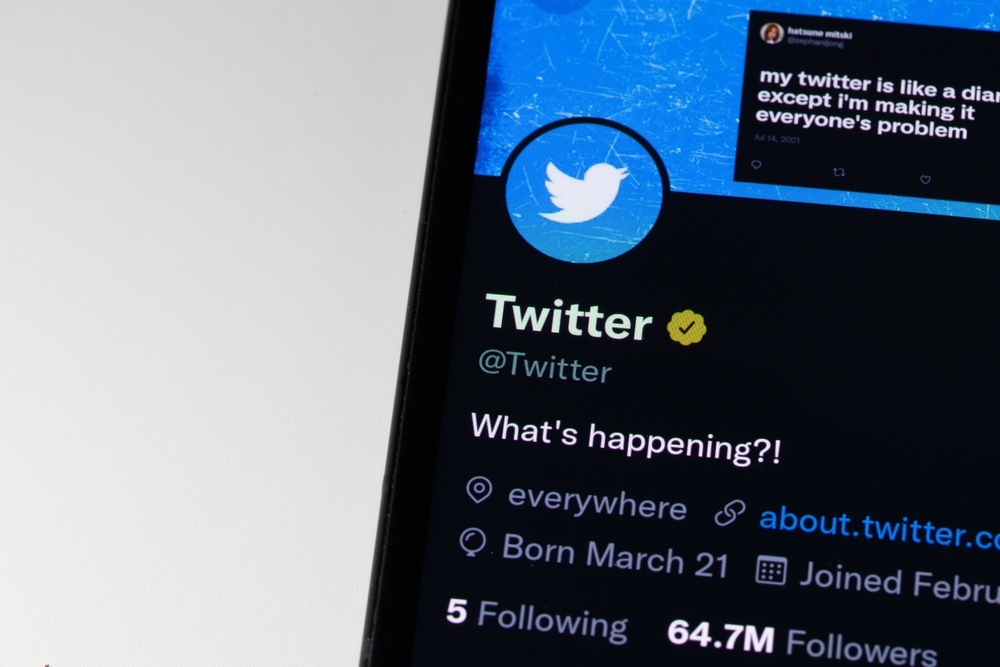Elon Musk’s SpaceX satellite provider Starlink has announced that it will comply with a Brazilian Supreme Court order to block access to social network X in the country, despite previously telling the country’s regulator that it refused to do so.

Starlink has been caught in a standoff between Musk and the Brazilian government: Supreme Court Judge Alexandre de Moraes previously ruled to freeze the satellite operator’s local accounts so that they could be used to pay fines imposed on X, which is also owned by Musk. “Despite the illegal actions taken against Starlink in blocking our assets, we will comply with the order to block access to X in Brazil,” the operator said on its social media page. Starlink has more than 200,000 customers in Brazil.
Earlier, Brazil’s telecoms regulator Anatel said Starlink had informed it that it would defy Moraes’ order to block access to X on its network. But the agency later said Starlink had backed down and told the regulator it would implement the block in the coming hours, a process that had already begun. We at NIX Solutions will keep you updated on any developments in this ongoing situation.
Legal Challenges and Background
Last week, Judge Moraes ordered all telecom operators in the country to block access to X because it had no legal representative in the country; the ruling was later upheld by a panel of Supreme Court judges.
Starlink said it had filed a lawsuit in Brazil’s Supreme Court, calling the freezing of its accounts and the ban on financial transactions in the country “egregiously illegal.” The company, however, missed a deadline to file a new appeal of the court’s decision to freeze its accounts, and it is unclear what legal tool it will use to seek an overturn of the decision.
The incident erupted when Moraes demanded that X block accounts involved in an investigation into posts that distorted the news agenda and incited hatred. Musk viewed the order as an attempt at censorship and closed the company’s offices in Brazil, but the social network continued to operate in the country until Moraes ordered its blocking and imposed steep fines on users who tried to circumvent it.
